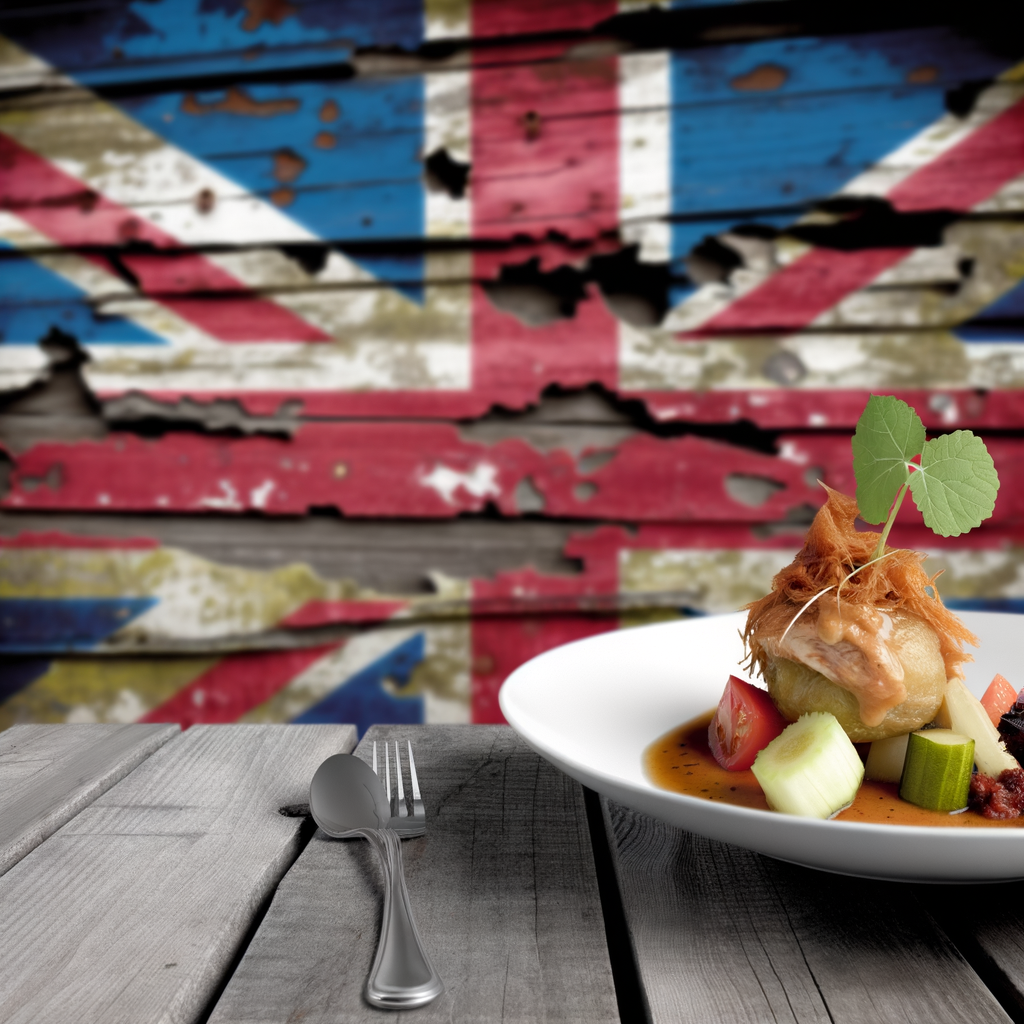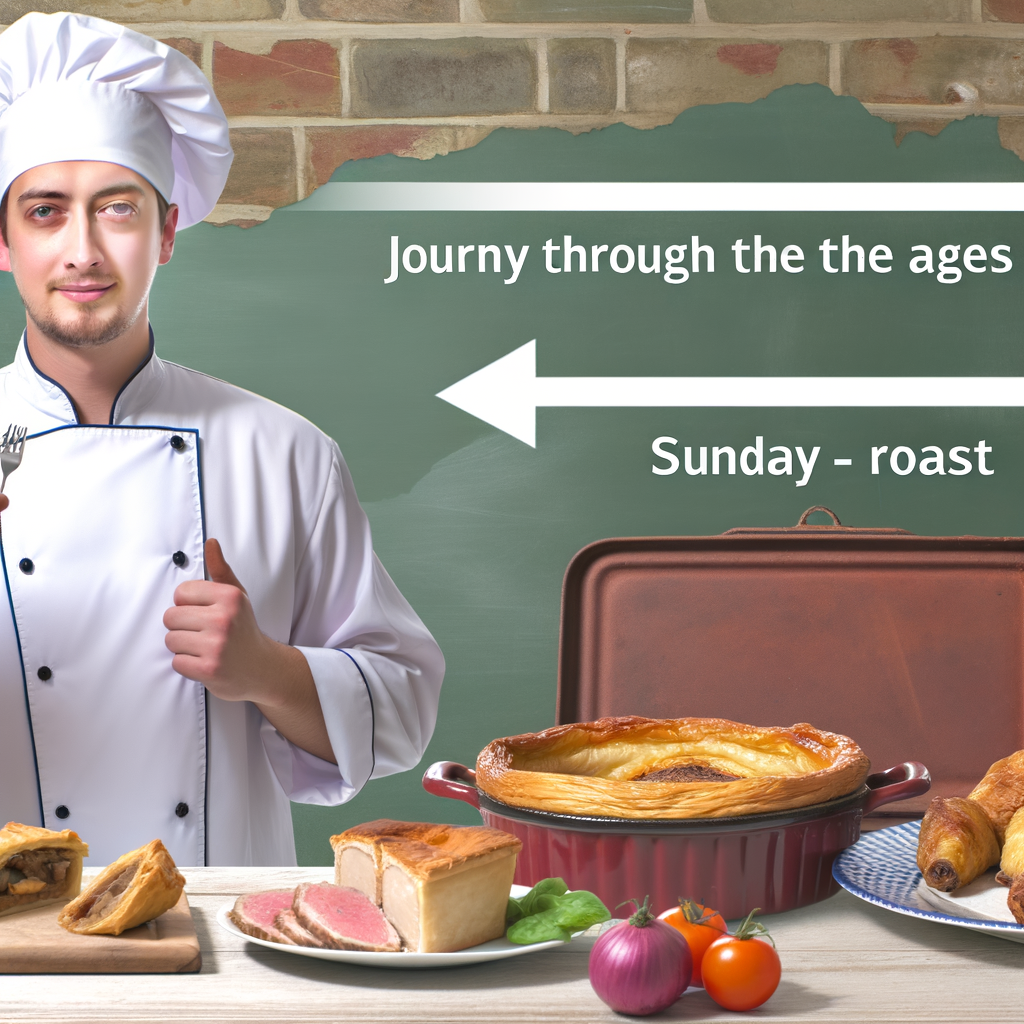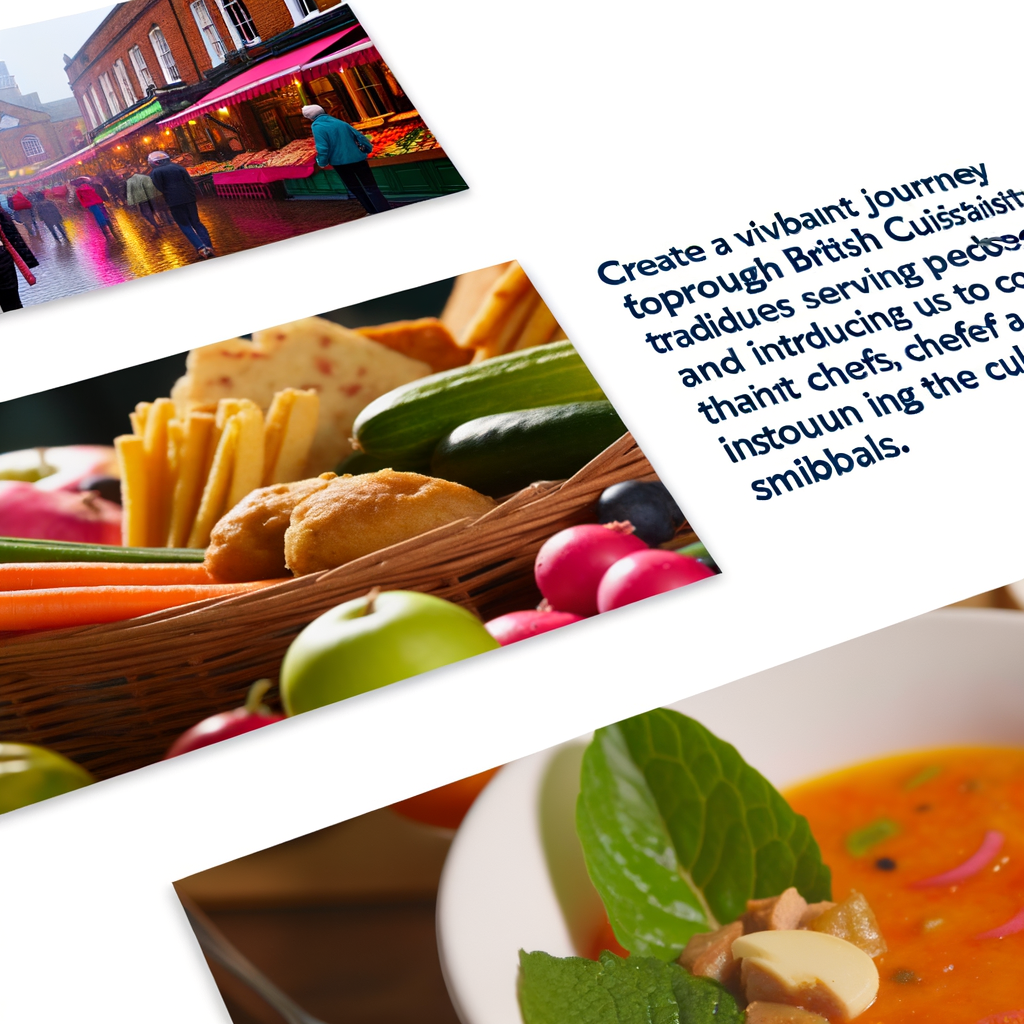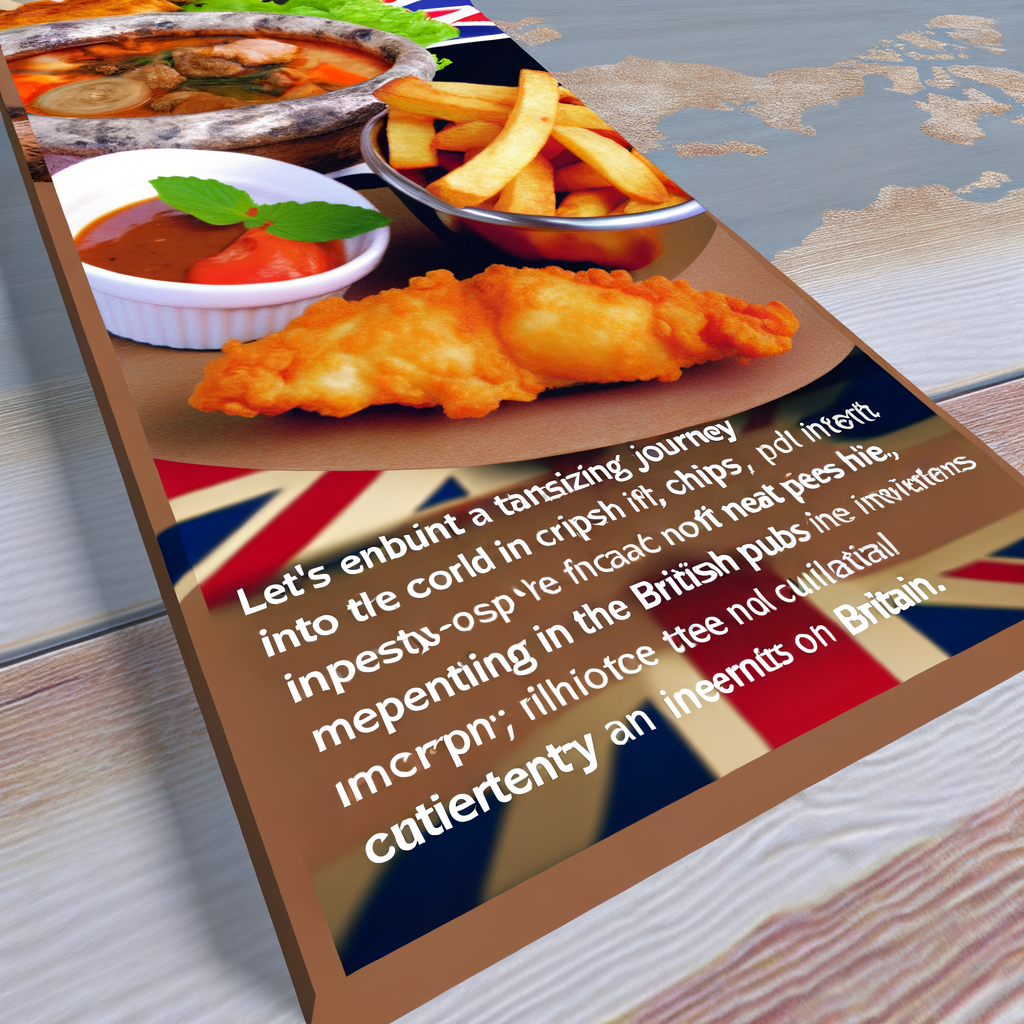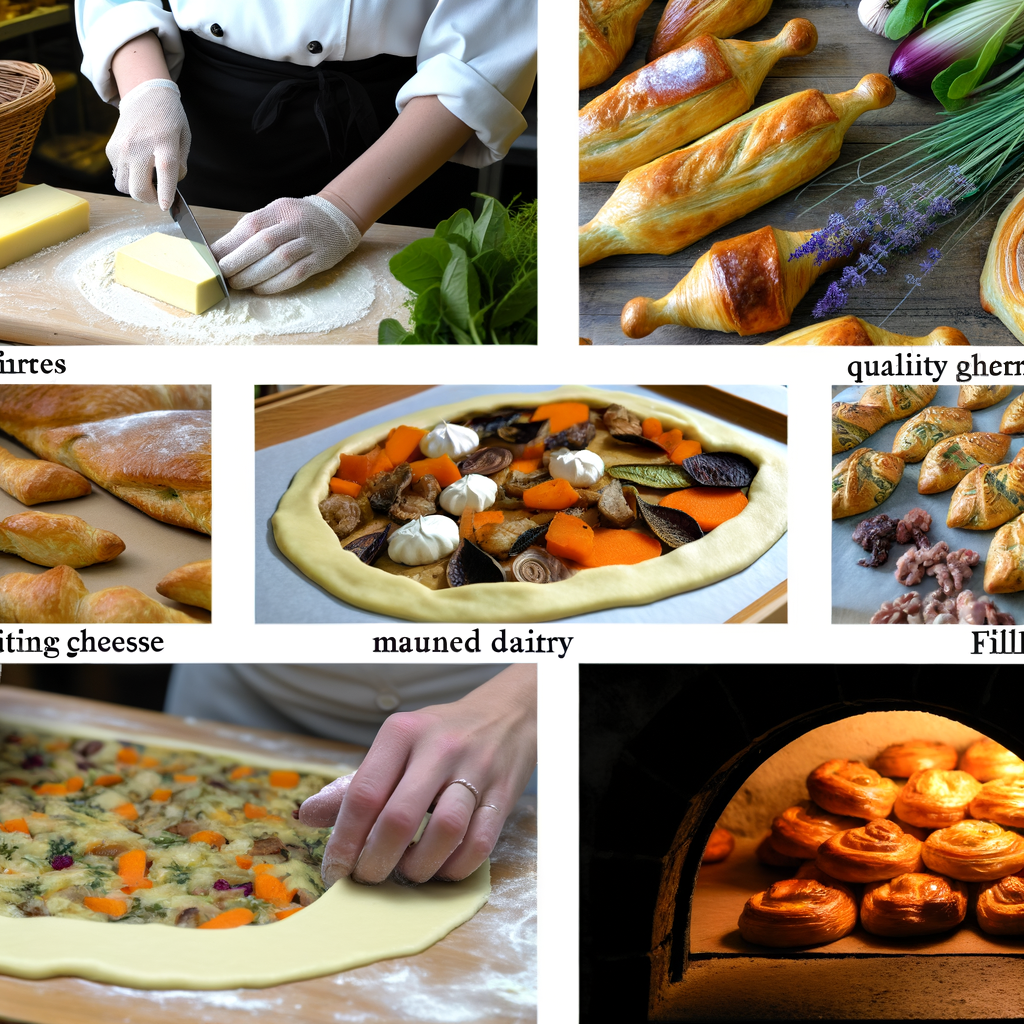As a British food critic, I have had the pleasure of exploring the vibrant and diverse food culture of my country. From local markets to award-winning restaurants, I have tasted and evaluated countless dishes, both traditional and modern. However, in this article, I want to focus on the richness of traditional British recipes.
British cuisine has a long history, influenced by various cultures and traditions. From hearty stews to delicate pastries, each dish tells a story of its own. One of the most iconic traditional recipes is the Sunday roast. Dating back to the 15th century, this meal consists of roasted meat, potatoes, vegetables, and gravy. It is a staple in British households and a must-try for any visitor.
Another beloved dish is fish and chips, a quintessential part of British culture. This humble meal, consisting of battered fish and deep-fried chips, has been around since the 19th century and has become a symbol of British identity. And let’s not forget about the classic afternoon tea, with its assortment of finger sandwiches, scones, and cakes. It is a popular tradition that has been passed down through generations and remains as relevant today as it was in the past.
But British cuisine is not just about traditional dishes. It is also about innovation and creativity. With the rise of modern British gastronomy, chefs are reinventing and elevating traditional recipes, using local and seasonal ingredients. This fusion of old and new is what makes British food culture so unique and exciting.
As a chef, I am not only passionate about creating delicious dishes but also about preserving the rich food culture of my country. I believe it is our responsibility to pass on these traditions to future generations. So, whether you are a local or a visitor, I urge you to explore the world of traditional British recipes and experience the richness of our food culture.

